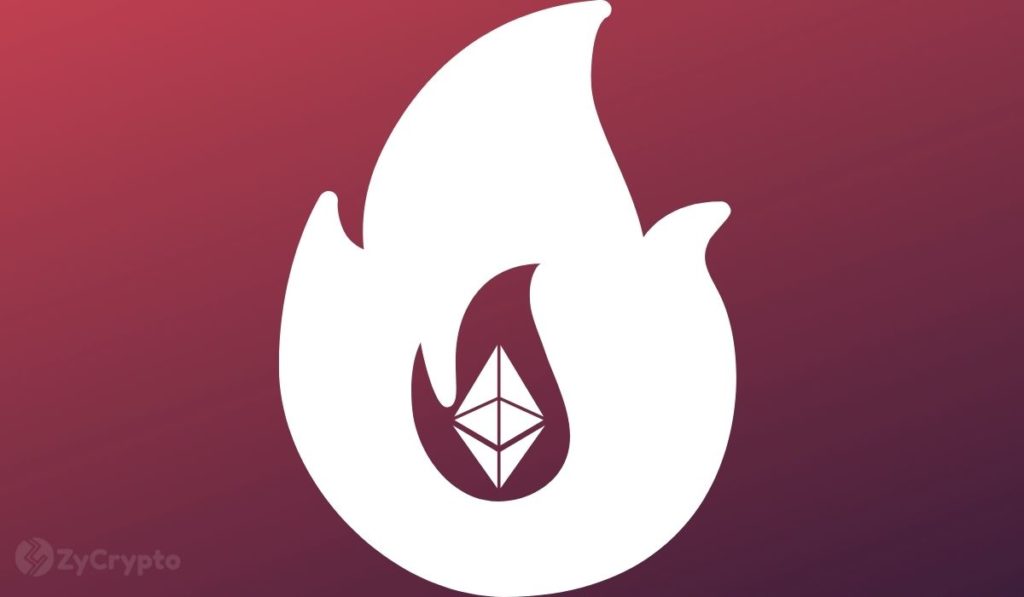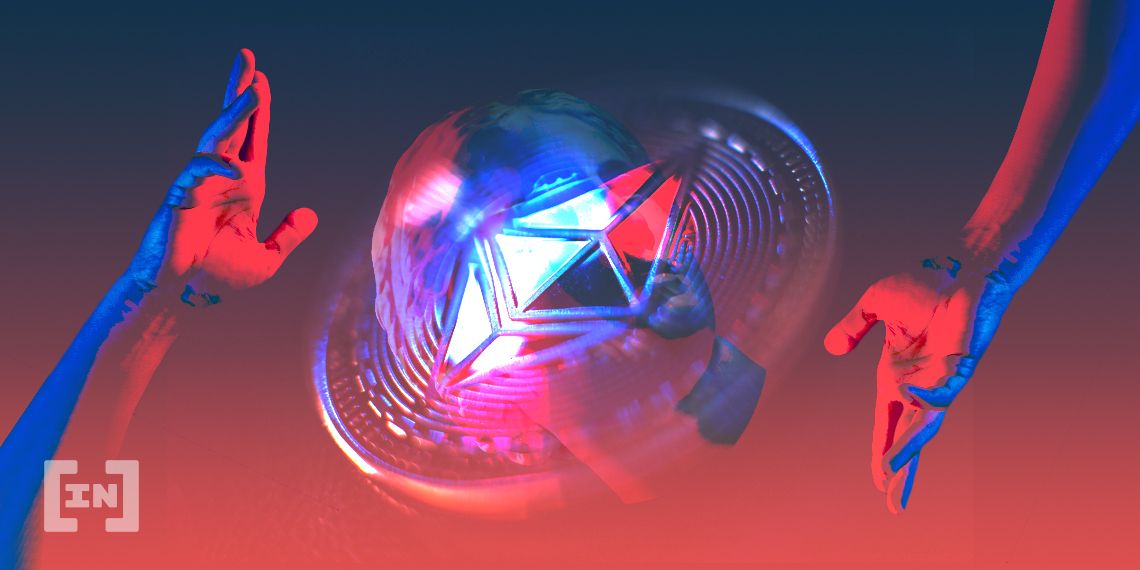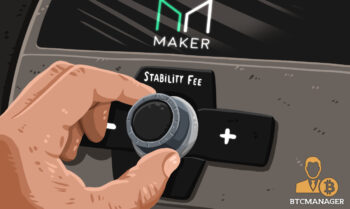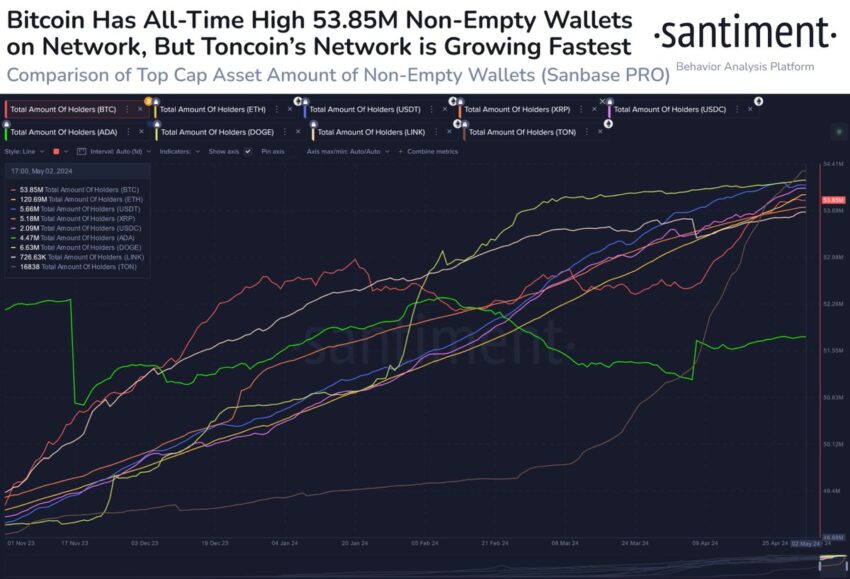2024-5-26 20:57 |
The Uniswap Foundation announced that on-chain voting for a proposal to establish its new fee mechanism will occur by May 31.
This announcement has boosted the value of the network’s native token, UNI, by over 20%.
Uniswap’s New Fee Mechanism and Its ImplicationsThe Uniswap Foundation outlined a crucial step towards implementing autonomous fee collection and distribution in Uniswap V3 pools.
“If passed, this proposal would transfer ownership of the mainnet UniswapV3Factory to a newly deployed instance of V3FactoryOwner. This vote will not turn on fees; that will be accomplished in a future proposal,” the Foundation explained.
In February, the Uniswap Foundation proposed a fee reward mechanism for UNI token holders to boost governance participation. Initial responses showed strong support for the proposal despite potential legal challenges from the US Securities and Exchange Commission (SEC) against the DeFi protocol.
Traditionally, all fees generated by Uniswap went to liquidity providers (LPs) who supplied assets to the platform. The new proposal plans to distribute protocol fees among staked and delegated UNI token holders. Therefore incentivizing active participation within its ecosystem.
According to CryptoFees, Uniswap earned approximately $3.2 million in fees in the past 24 hours, averaging $3.4 million over the last week. The protocol handles roughly 30% of total trades in the decentralized finance sector.
Read more: 12 Best Decentralized Exchanges for 2024
Top 5 Crypto Fee Generators. Source: CryptoFeesIn a parallel development, the Uniswap Foundation disclosed holding $41.41 million in fiat and stablecoins and 730,000 UNI tokens as of the end of the first quarter. During this period, the Foundation committed $4.34 million in new grants and disbursed $2.79 million in previously committed grants.
“The fiat (USD) cash and stables are to be used for grant making and operating activities and the UNI for employee token awards,” the Foundation remarked.
The post Uniswap Foundation Discloses Assets Amid Fee Mechanism Vote appeared first on BeInCrypto.
origin »Bitcoin price in Telegram @btc_price_every_hour
Fee Active Collateral Token (FACT) на Currencies.ru
|
|















